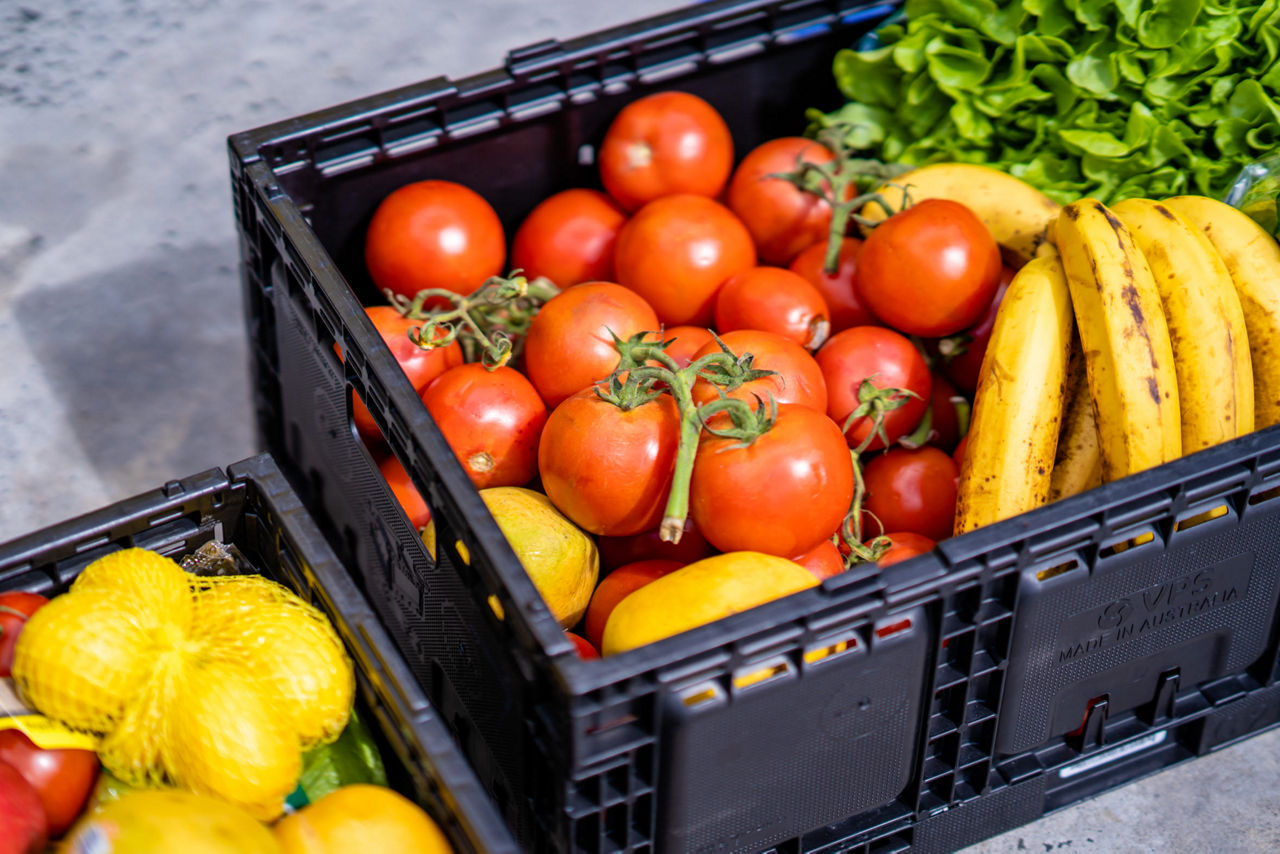Embracing circular thinking and the power of partnerships, we are making changes across all parts of our value chain to prevent edible food from being wasted and instead redistributed through our food rescue partners. Our goal is reducing hunger and food waste.
We apply an end‐to‐end approach to how we responsibly manage food waste. We support our farmers upstream to reduce food waste to landfill through initiatives such as the Odd Bunch, in our own operations across the Group with strategic partnerships to rescue and divert surplus food, and downstream by educating and inspiring our customers. As Today’s Fresh Food People, we understand the importance of reducing food waste by having the right amount of food on show, at the right time, at the right price and at optimal freshness, so that our customers can take it home and consume it all. But there is always a degree of surplus food, and through our partnerships, we can get this surplus to those who need it most.
The successful and ongoing expansion of our food rescue partnerships is critical to our goal of ensuring that no edible food goes into landfill. All of our team members in our stores undergo training, backed by educational signage and daily processes to ensure we direct all edible food to people in need. With over a thousand stores across Australia, in urban, rural, regional and remote locations, we have developed a significant array of partnerships to give every store the ability to donate surplus edible food, free of charge, to people in the local community who may be experiencing food insecurity. The strong relationships between our supermarket team members and their local food relief agency drivers who collect our surplus fresh food are key to these partnerships.
Since 2014, we have donated over 100 million meals to OzHarvest. OzHarvest distributes our surplus fresh food from our supermarkets and Metro stores to over 1,500 charities across the nation to help Australians in need of food relief. Woolworths is also a proud partner of Foodbank for more than 20 years. Throughout this time, over 46 million meals have been given to people in need from donations and resources, including pro-bono freight provided by Primary Connect (part of the Woolworths Group)
Across the Group, our focus remains on diverting all edible surplus food to our food rescue partners. Where non-edible surplus food remains, our stores share this with our valued farmers and wildlife groups. Food that can not be shared for human or animal consumption, is then sent to organics recycling to process into a range of products including nutrient rich compost and fertiliser. Unfortunately, in Australia, access to commercial organics recycling is not readily available outside of major cities, making it a challenge for many organisations. In 2023, Woolworths implemented a dedicated program to expand organics recycling in regional areas across Australia by working with new technologies, onsite solutions, innovative and local operators and councils to foster new partnerships and expand our existing network capabilities. Through focused efforts and collaboration with our new and existing organic recycling partners, 128 regional and remote stores were connected to an organics recycling solution.
Today, 92% of our Australian supermarkets and Metro stores now have access to organics recycling, with over 700 stores now connected to depackaging services to improve the efficiency of processing non-edible food waste. We are proud of the work our teams across the Group achieve, and continue to achieve in reducing hunger and food waste.
